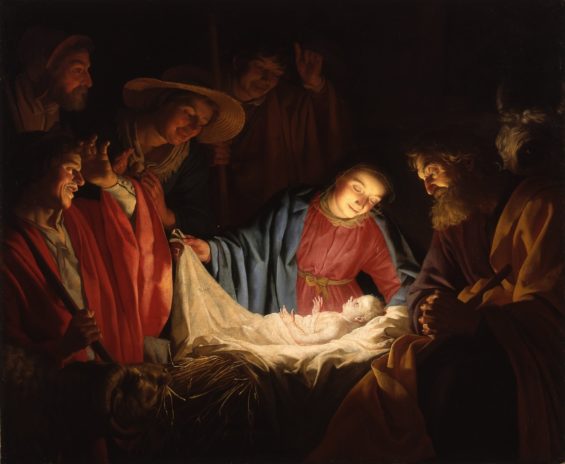The Nature and Duration of Creation Day Six
The specific duration of the creation days in Genesis chapters 1 and 2 remains an area of debate among evangelical Christians. Some biblical scholars insist that the creation days should be understood to be normal solar days with a length of 24 hours (calendar-day view). Other biblical scholars suggest that the days of creation are best understood as long periods of time of an unspecified duration (day-age and analogical-day views). Still others think that Genesis 1 represents a literary framework that is best understood topically rather than strictly chronologically.
The calendar-day view, with its 24-hour days, seems biblically untenable for two basic reasons:
First, it seems unreasonable to conclude that the references to “evening” and “morning” in Genesis 1 can refer to normal solar days when there is no sun or moon in the sky until the fourth creation day (Genesis 1:14-15). Therefore, purely textual considerations seem to lead one to conclude that these are not normal days as people understand days.
Second, the number and complex nature of the events of creation day six seem to demand more than a 24-hour period. Let’s attempt to enumerate the events of that momentous day:
-
God creates the various living creatures along with wild animals and animals that become domesticated (Genesis 1:24-25).
-
God creates Adam in the divine image (Genesis 1:26-27; 2:7).
-
God gives Adam a mandate of dominion over creation (Genesis 1:28).
-
God makes the plants available as a food source for man (Genesis 1:29-30).
-
God plants a garden and puts the man in it (Genesis 2:8).
-
God gives Adam instruction concerning obedience to God’s specific commands (Genesis 2:9, 16-17).
-
God commissions Adam to cultivate the garden (Genesis 2:15).
-
God commissions Adam to name or classify the animals (Genesis 2:19-20).
-
God declares Adam’s need for a suitable helper (Gen. 2:18, 20).
-
God induces sleep and performs surgery on Adam (Genesis 2:21).
-
God creates Eve (Genesis 2:22).
-
God ordains that Adam and Eve enter into a divinely constituted marriage relationship (Genesis 2:23-25).
To conclude that all of these events could happen in a 24-hour period seems quite forced and therefore unconvincing. Certainly God is omnipotent and omniscient, but Adam was a finite creature with limitations and boundaries in his nature, and those limitations were present before Adam’s fall. It appears that Adam had been commissioned to carry out not three tasks, but rather, as the dean of evangelical Old Testament scholarship Gleason Archer stated, “three distinct careers” (gardening, zoology, marriage).
Adam, though not yet fallen at this point, still needs considerable time to reflect upon and process the profound events he experiences. To learn of God and his commands, to discern that he was unfulfilled by naming and studying the animals, and to build a relationship with his wife cannot reasonably be reduced to a matter of several hours.
Therefore, there are purely biblical reasons, apart from scientific considerations, for suggesting that the creation days of Genesis 1 and 2 are long periods of time. These creation days may be long ages or they may refer to “God’s” creation days, which are meant to be understood as analogous to human (24-hour) work days.
Historic Christianity has never held an official orthodox position on the duration of the creation days as it has on such doctrines as the Trinity and the person of Christ. Christian scholars with a commitment to biblical inerrancy nevertheless continue to take different positions on this controversial topic.
For more on this subject, see my article “Creedal Controversy: The Orthodoxy of ‘Days’”.





